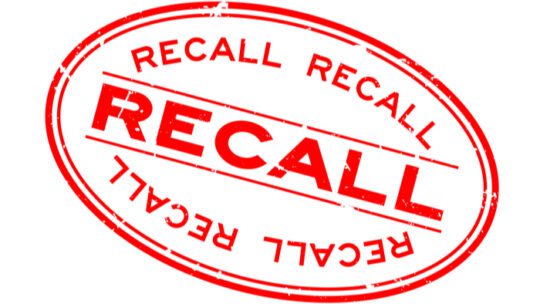
A national food distributor discovers potential contamination. The company initiates a recall.
In a recall where the FDA is involved, its regional staff can provide a press release that food distributors can use as a template. There’s room for companies to tailor the release with specifics of the situation.
The FDA, though, needs to review and sign off on the final release, says David Ball, president, Ball Consulting Group, who handled such a recall before the pandemic.
Face the Situation Squarely
The best way to handle a recall or a similar situation is to address it directly and promptly.
“The story will not necessary blow over or become yesterday’s news. Be as direct and straightforward as you can. Be proactive,” advises Ball, whose advice here is applicable to issues and crises in a variety of sectors.
In this instance, Ball says it was refreshing that the food distributor’s CEO was intent on being direct and open.
“In my first discussion with the CEO, he said...‘We are going to get to the problem and we are going to fix it and be transparent,’” recalls Ball.
Many times a CEO says, ‘It’s not a big deal. The media won’t be interested.’ Or they think it’s a one-day story that will blow over, Ball says.
Instead, the CEO here said, ‘I have a problem. I don’t know [where the contamination originated], but I’m going to be direct and open.’
In nearly all cases, Ball says, be prepared and ready for media. “Have a [general] statement [that can be tweaked]; if the situation never gets to the level of a crisis...you waste time [creating an unused] statement, that’s a good outcome.”
As with any problem or even a full crisis, Ball emphasizes sequencing communication.
“If your key stakeholders hear something before they hear from you, that’s a problem. And, if you’re trying to contain a particular story and you broadcast an issue to 5,000 employees, now you also have a media issue.”
Still, in a food or other product recall, rapidity is key, he believes. This means setting up a call center quickly and preparing sales associates for client inquiries, Ball says.
In addition, it’s critical the public become aware of a recall as soon as possible.
“You have a bigger problem if someone consumes something and has an adverse reaction,” Ball says.
Of course, key customers must know about the recall so they can handle returned items.
The key is to keep stakeholders up to date as things unfold. “Don’t just say that [the situation has] been mitigated. Share information. Keep people informed. Overcommunicate.”
Preparing Even if it Doesn’t Happen
As readers of Crisis Insider know, preparation for such incidents is key. In this case, the company Ball advised lacked in-house PR and media relations teams. Moreover, it didn’t have a crisis communication plan. He had his work cut out for him.
In addition to communication, Ball notes dealing with a food-product recall requires knowledge of logistics, regulatory issues and insurance.
“We don’t make recommendations on how much [insurance to carry] but we urge having a professional insurance evaluation,” Ball says. “Don’t ask your broker; they aren’t looking objectively.”
